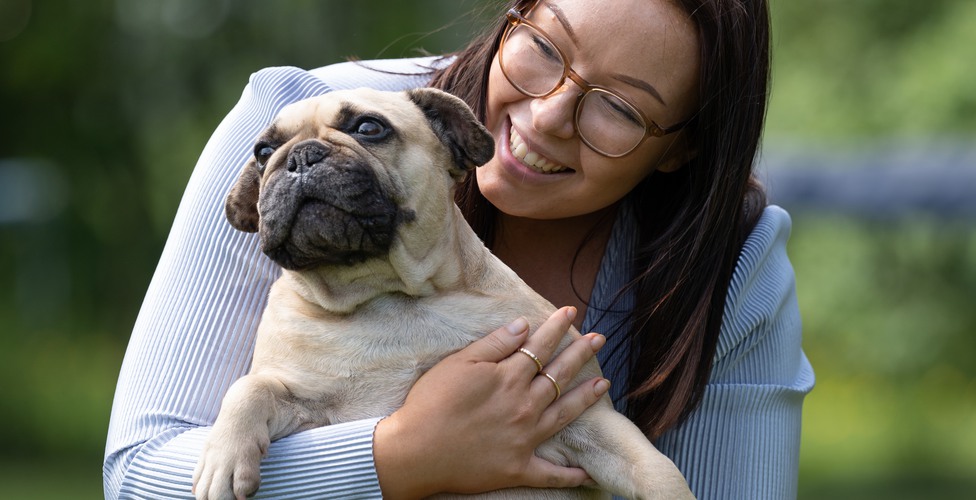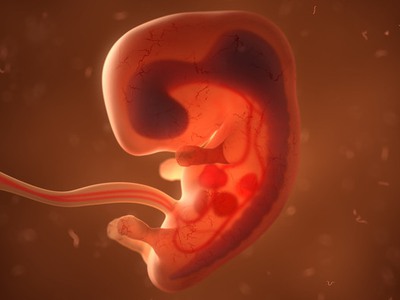On Valentine's Day, we celebrate love in all its forms, and for many, the greatest love has four legs and a tail. Dogs' ability to create a sense of security, reduce stress, and spread joy is rooted in the same neurochemical processes that strengthen bonds between parents and children. This deeply affects our mental well-being, says Katja Valli, Professor of Cognitive Neuroscience at the University of Skövde.

The scene is familiar to many. You open the front door, tired after a long day's demands. Then you hear the sound of paws rushing towards you. Cheerful and lively, she greets you at the door, and your eyes meet. You kneel down, letting your hands sink into her soft fur. And something wonderful happens.
The dog releases a chemical cocktail of happiness
The hormone oxytocin, often called the "love hormone," is released – the same hormone that strengthens the bond between parents and children or between partners in a long-term relationship. Katja Valli notes that that our love for dogs is biologically and emotionally deep-rooted. Several studies show that feelings for our dogs are reflected in our brain activity and when we interact with dogs, a complex chain of neurochemical processes is activated.
“Oxytocin fosters a sense of trust and closeness, while dopamine, linked to the brain's reward system, enhances joy and reward. This is why we often feel calm and happy just being near our dog. It's also why dogs are sometimes used in therapy and healthcare, helping people manage anxiety and depression,” Katja Valli explains.
A delightful mix of chemical substances is set into motion when we engage with dogs. Serotonin levels increase, improving mood and reducing anxiety and depression risk. Petting and playing trigger endorphins, which alleviate stress, ease pain, and create happiness. Meanwhile, cortisol levels drop, leading to reduced stress, anxiety, lower blood pressure, and a sense of calm.
Owning a dog often involves increased physical activity through daily walks, which strengthens the heart and reduces the risk of stress-related illnesses.
A friendship spanning thousands of years
But it doesn't stop there. Dogs are also masters at interpreting our emotions and signals. Research shows they can read human facial expressions and respond to tone and gestures in ways that strengthen our sense of being understood and accepted. This results from a long, shared evolution. For tens of thousands of years, humans and dogs have adapted to each other, not only through practical cooperation but also by developing strong emotional bonds.
“Dogs have developed an ability to interpret our emotions and social cues, allowing them to support us in ways that many other animals cannot.”
The grief of losing a friend
But the love for dogs also has a darker side – the grief when we lose them. Many describe the sorrow over a pet as being just as deep, if not deeper, than that of a human.
“Dogs often provide unconditional love and loyalty that can be difficult to find in human relationships. Losing a dog, therefore, leaves an immense void. It is a grief that others may not always understand, making the loss even harder to cope with,” says Katja Valli.

Katja Valli with her beloved dog Amor.
Fur-Ever Friends
Research on the love for dogs confirms that dogs truly are human's best friend 's – a fact evident in both heart and mind. Love doesn't always have to come in human form. It can have paws, a wet nose, and a wagging tail. A love that demands nothing more than your presence.
So why not give your dog a little extra attention this Valentine's Day? It will benefit both you and your four-legged friend.



